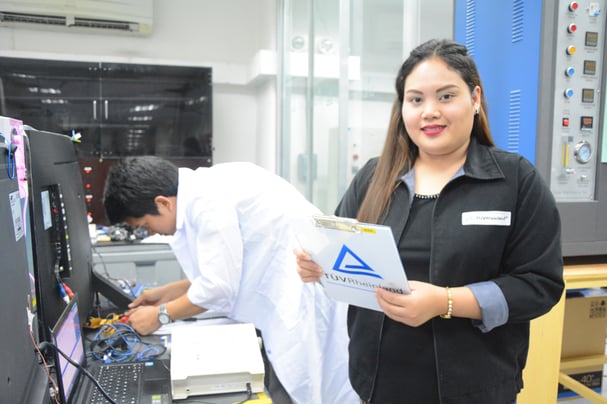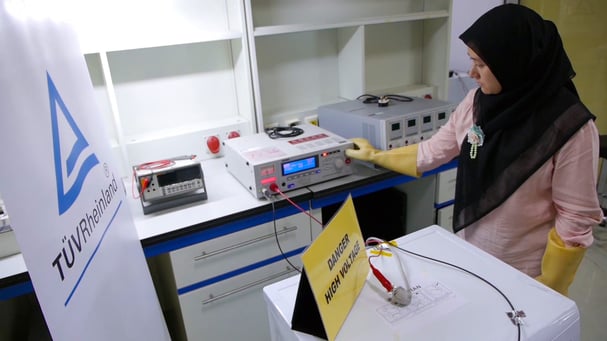PS Mark Certification Scheme in the Philippines
PS Mark Certification in the Philippines ensures that imported electrical products are in compliance with the applicable Philippine National Standards Implementing Guidelines. It covers the audit of organizations in the manufacturing of household appliances, wiring devices and lamp-related products. Auditors perform audits on production-related documents and records, in-plant testing and random sampling for independent testing. Independent testing is conducted after ensuring full conformity with the requirements and can only be performed at recognized Bureau of Philippine Standards (BPS) laboratories.

Challenges in the Process
One of the most challenging situations faced by auditors is working with an organization that is not fully prepared. The more non-conformities that surface, the longer it takes for the issuance of the certification. In order to avoid this, auditees are advised to study the PNS and Implementing Guideline beforehand. Language barrier is another challenge. While some hire representatives to speak on their behalf, they may not be fully aware of the process.
When the Audit Does Not Go as Planned
All TÜV Rheinland auditors are equipped to deal with unexpected circumstances. In one case, when the Chinese New Year holidays prevented the witnessing of an actual production, with careful considerations of the stringent evaluation process of the PS Mark Audit requirements, stock samples were used for testing. Prior to that, auditees are informed that the final evaluation is up to the Bureau of Philippine Standards.
Indonesian National Standard (SNI) Certification
Indonesian National Standard (SNI) Product Certification is the only standard or directive nationally applicable in Indonesia. The objective of this type of audit is to ensure the quality of imported products and provide competitiveness of Indonesian products. The standards used are SNI ISO 9001:2008 for Management System; SNI IEC 60335-1:2009 for general standard of safety test for household products; SNI 60335-2-7 for particular standard for washing machine; SNI 60335-2-24 for particular standard for refrigerator; among others. All SNI standards that we use are adopted from international standards such as ISO and IEC, and we are also following government regulations such as Ministry of Industry No. 34/M-IND/PER/7/2013 which stipulates that the SNI Mark is required for products in the categories of refrigerator, air conditioner and washing machine that are being sold in Indonesia.

Challenges in the Process
Language and travel time are the biggest challenges. To coordinate with the auditee, it is important for an auditor to speak the same language. Otherwise, hiring an interpreter is required. Pertaining to travel time, journeys can take more than six hours on land, so time buffers have to be factored in, especially when flight delays occur.
Ensuring a Smooth Audit Process
Our experienced auditors use a checklist to ensure all angles are covered. They also advise their clients to prepare the needed documentation in advance, be transparent during the audit process and provide clear communication at all times.
Find out more about the latest trending topics in the industry our quarterly customer newsletter tuv.communication:



